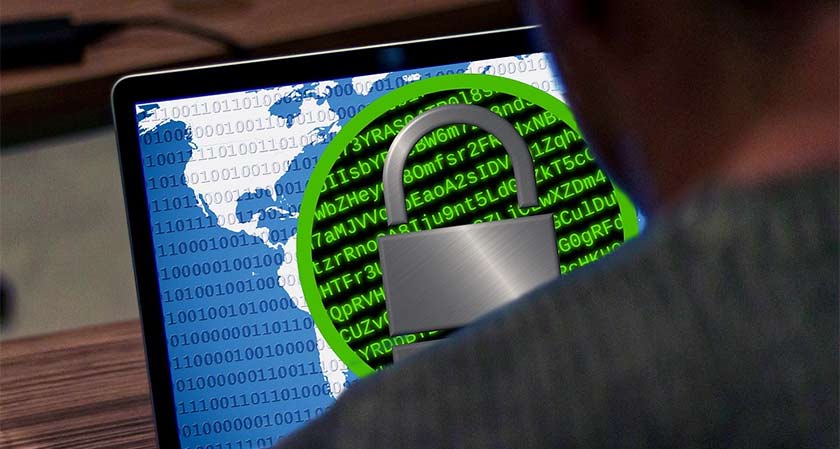Even though VPN technology has been around since the days of dial-up modems, the average computer user today has little knowledge about how virtual private networks actually work. What you know is what you read on the Internet and, unfortunately, not all of it is entirely true. As someone familiar with the front end of VPNs, I’d like to bust some of these myths. Set things straight, as it were.
Let’s begin with the biggest lie of them all…
Myth #1: A VPN is all you need to stay anonymous online
Not at all true, because a VPN service is just one part of the privacy puzzle. You have to consider other things like the email service you’re using or the kind of browser you use for web searches. To be truly “invisible” online, you need to do a lot more, like use a search engine that doesn’t track users (duckduckgo, for example), only transact in bitcoin, use a log-less email service and so on. A good VPN gives you a significant amount of anonymity, but a great VPN service ensures optimal privacy balanced with optimal speed. A solid VPN service is certainly the best starting point in your quest for total digital privacy, but it is not the be all and end all.
Myth #2: All VPNs are created equal
Nothing could be further from the truth. The “best” VPN for the job is as much about absolutes (how many servers, encryption standards, etc.) as about variables (what’s your specific purpose of use, etc.) A good VPN review site like VPNPro can give you tremendous insight into the “best” VPN based on your specific needs. Different services have different strengths, so don’t be fooled when someone tells you all VPN services are the same.
Myth #3: I’m not doing anything “illegal” so I don’t need a VPN
If you think VPNs are only meant for accessing geo-restricted web content or downloading copyright content for free, think again. The real reason to use a VPN is to mask your identity and protect it from abuse. Every time you use a public Wi-Fi or do a banking transaction without a VPN, you’re putting your data and yourself at risk. Did you know that credit card fraud accounted for 33% of identity theft cases in 2017? Not all of that is from card information stolen online, but with the move to digital transactions over physical, a large portion of that can be attributed to online theft.
What you need to do is review your Internet habits and see what you really need in a VPN. Do you value security over speed? Do you need them in equal measure? Are you using a VPN to mask your identity or to protect yourself online? The answer will vary based on how you interact with the world wide web on a daily basis. If you want some great advice, we recommend VPNPro as the place to go for any information regarding top VPN services – reviews, comparisons, ratings, news… if it’s about VPNs, they have the information. Besides, they’re not tied to one particular service so they can offer you a fair and objective view to help you make your VPN pick.
Keep safe online.



